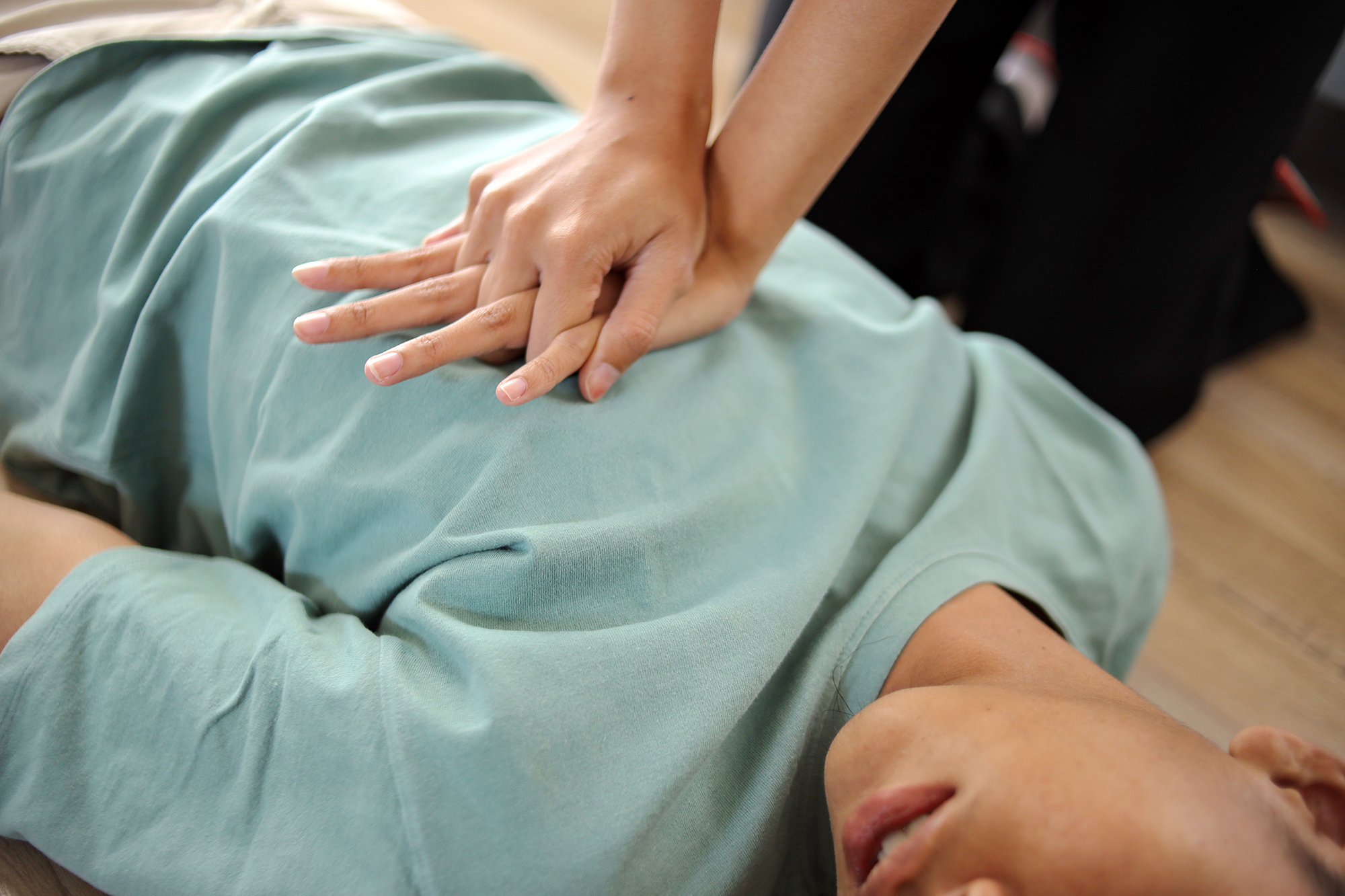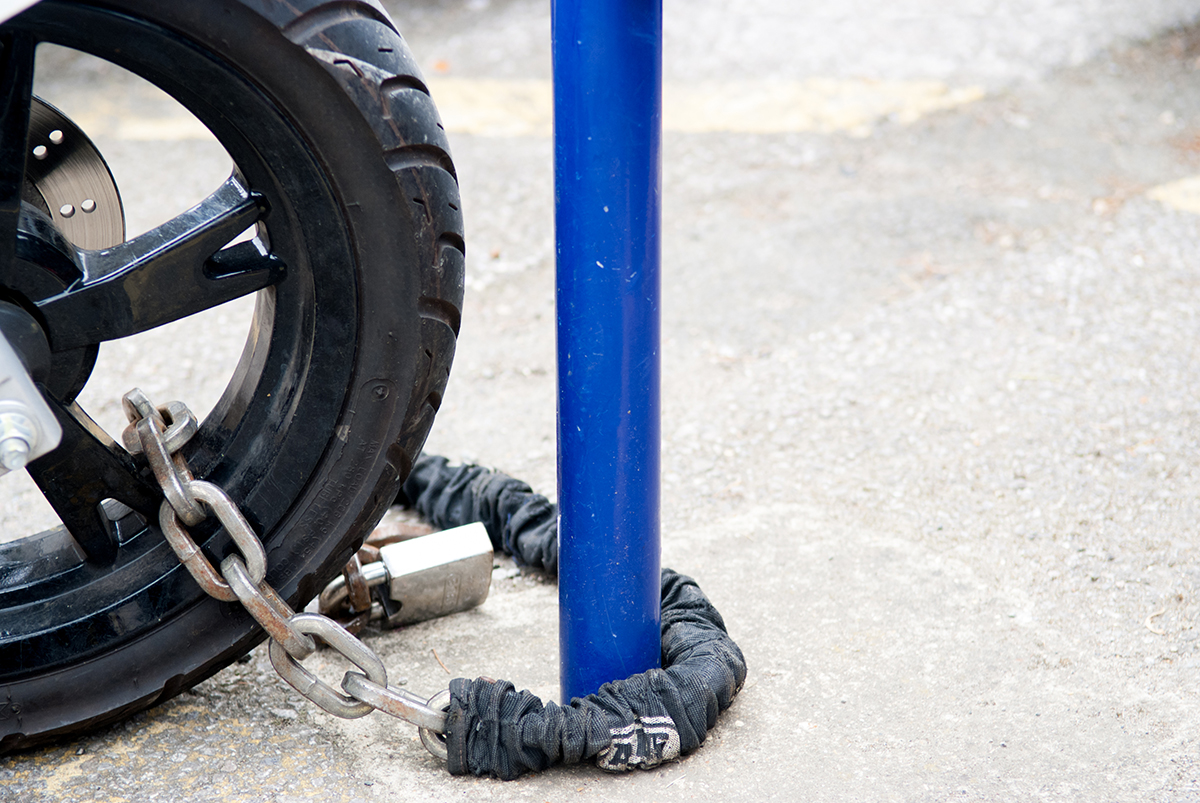Boost your knowledge, confidence, & ability to respond in a medical crisis with these simple tips
We can’t predict medical emergencies, but with a little knowledge and preparation, we can put ourselves in a position to handle them with poise and precision.
When you’re prepared, you can respond quickly—saving time, minimizing damage, and ensuring first responders get all the information they need. But you don’t have to be a professionally trained EMT to get there.
You can put the simple steps we’ve outlined below into action in a matter of days. Steps that’ll improve your ability to help the ones you love and potentially save lives.
Keep Your Home & Car Stocked With First-Aid Supplies
You know what they say: It’s better to have something and not need it than to need it and not have it.
This is definitely the case for first-aid supplies.
If you’re trying to stop a severe bleed or allergic attack, you need the right tools and you need to act fast. Hence why it’s crucial to stay well-equipped with medical supplies at home and on the go.
Stock one of your cabinets or drawers and a small car bag with the following essentials:
- First-aid kit
- Plenty of different-sized bandages
- Gauze pads
- Hydrogen peroxide
- A variety of over-the-counter medications, including allergy meds
- An epi-pen (if applicable)
- Tourniquets
- Gloves
- Masks
There’s a good chance you may be exposed to blood and other bodily fluids in a medical emergency. So don’t get caught without a mask and gloves, as these can greatly reduce the risk of contamination.
Keep Your Medical Information Up to Date & Easily Accessible
Having your medical records and information in order can save your life in an emergency. When you make this vital info readily available, the first responders and medical professionals tasked with helping you will know exactly how to administer care.
They’ll know your pre-existing conditions, previous operations, current medications, and allergies so they can avoid missteps in care that may worsen your condition or even threaten your life.
To help them help you, create a medical history card that lists the above information—as well as anything else they may need to know—and keep it on you at all times, along with your insurance cards. You can make your card digitally or physically, but we recommend both in case you need a backup.
If you go the physical route, you can type your info in small font on a sheet of paper, cut it out, and laminate it to ensure it keeps well in your wallet or purse.
Know When to Get Help
It’s often easy to tell when someone is having a medical emergency. However, sometimes the signs can be subtle, and part of being prepared is knowing when to call for help.
To be clear, you should alert the authorities whenever you feel you or a loved one’s health is in danger. But to give you clear-cut examples of situations where immediate medical attention is warranted, we’ve included the following recommendations from The American College of Emergency Physicians:
- Trouble breathing or shortness of breath
- Choking
- Chest or upper belly pain or pressure lasting two minutes or more
- Fainting, sudden dizziness, or weakness
- Changes in vision
- Confusion or changes in mental status or unusual behavior
- Any sudden or severe pain
- Uncontrolled bleeding
- Severe vomiting or diarrhea, or vomiting or diarrhea that doesn’t stop
- Coughing or vomiting blood
- Feelings about harming yourself or others
- Trouble speaking, or numbness or weakness in any part of your body
- Unusual belly pain
Get Certified
Educating yourself is one of the most impactful things you can do to prepare for medical emergencies.
The American Red Cross offers First-Aid/CPR certification courses both online and in-person at facilities across the country, taught by trained professionals and designed to prepare you for common medical issues.
Along the way, you’ll learn how to care for various injuries (scrapes, burns, cuts, neck and back injuries, and more), how to help someone who’s choking, how to use an automated external defibrillator (AED), how to respond to breathing and cardiac emergencies, and how to perform CPR on victims roughly twelve and older.
At the end of your training, in addition to a wealth of valuable knowledge, you’ll receive a certification that lasts for two years.
But the Red Cross doesn’t stop there.
They also offer a slew of other emergency preparedness courses for civilians, including Basic Life Support (BLS) training, Child and Baby First-Aid/CPR/AED, Lifeguard and Water Safety Preparation, Bloodborne Pathogens Training, and more.
Invest in a Medical Alert System
The right medical alert system can provide you or a loved one with a faster way to get help in a medical crisis. Rather than trudging through a lengthy phone call during an emergency, most medical alert systems allow you to send for help quickly and discreetly with the push of a button—dispatching help first and then connecting you with an operator.
The fastest of these life-saving tools is the Rescu app, whose industry-leading response times are thanks to its subscriber-dedicated monitoring center and call-free system. Just two taps is all it takes for a user to dispatch fire, police, or medical services to their current location anywhere in the US.
As soon as they send an alert, the app sends their pre-registered medical info to their dispatcher and first response team, and notifies all their listed emergency contacts via text.
If you’re looking for a fast, equipment- and hassle-free medical alert system, the Rescu app is the best in the game. Learn more at our website, and use the buttons at the bottom of this article to download today!





